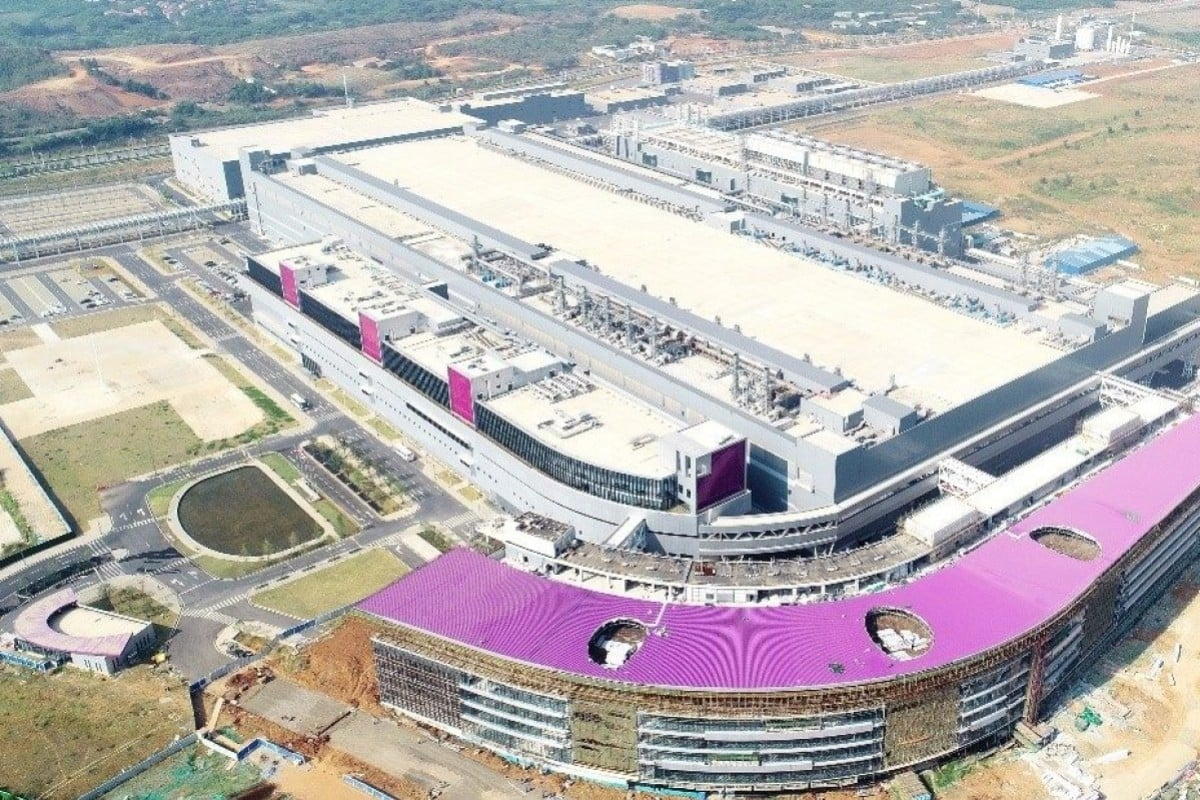AI boosts local chip demand in China

Chinese memory chipmaker Yangtze Memory Technologies Corporation (YMTC) is experiencing strong demand for its products in the domestic market that exceeds production capacity, despite US sanctions aimed at hampering the company, according to a local media report.
Government units are prioritizing the company's memory chips over those from foreign competitors such as South Korea's SK Hynix and the US's Micron, the South China Morning Post reported, citing unnamed sources. The Hong Kong-based newspaper also reported that the chips were being used for military projects, which YMTC denied any knowledge of.
The United States has said the sanctions are intended in part to prevent advances in China's military capabilities. YMTC told the newspaper that its technology "is not military grade or suitable for military applications" and added that it "has never supplied its technology or products for military use" . Domestic demand for locally manufactured components, including graphics cards (GPUs) and flash memory chips, has increased in part due to infrastructure requirements for generative artificial intelligence (AI).
Domestic companies are looking to Chinese tech giant Huawei for AI accelerator GPUs in part because of restrictions on chips from market leader Nvidia, which is not allowed to sell its most advanced products in the country. YMTC is also benefiting from the AI infrastructure drive, despite fears it may have to exit the 3D NAND flash memory market after it was added to a US trade blacklist in 2022.
Prices for YMTC memory chips have risen in recent months as demand has outstripped production capacity, the paper reported. The company is not only prevented from buying the latest chip production tools but also certain maintenance services, forcing it to halt production at a factory in Wuhan earlier this year due to a machine failure, the newspaper reported.
At that time, YMTC had to borrow machinery from another local factory to resume production, according to the report. In May, research firm TechInsights found that Huawei's high-end Pura 70 smartphone, powered by its own HarmonyOS operating system and Kirin 9010 processor, also used NAND flash memory from YMTC as well as DRAM memory from Samsung Electronics. Huawei's flagship Mate 60 series, introduced last year, used memory from SK Hynix.
Latest ram
-
16 Octram
-
07 Augram
Nvidia approves Samsung's 8-layer HBM3E chips
-
06 Augram
Samsung presents thinnest LPDDR5X DRAM
-
05 Augram
SK hynix focuses on advanced HBM chips
-
31 Julram
SK Hynix launches 60% faster GDDR7
-
28 Junram
SK Hynix accelerates HBM plan
-
17 Junram
AI boosts local chip demand in China
-
17 Junram
Samsung to launch 3D HBM chip service in 2024
Most read ram
Latest ram
-
16 Octram
Kingston takes the RAM throne in 2024
-
07 Augram
Nvidia approves Samsung's 8-layer HBM3E chips
-
06 Augram
Samsung presents thinnest LPDDR5X DRAM
-
05 Augram
SK hynix focuses on advanced HBM chips
-
31 Julram
SK Hynix launches 60% faster GDDR7
-
28 Junram
SK Hynix accelerates HBM plan
-
17 Junram
AI boosts local chip demand in China
-
17 Junram
Samsung to launch 3D HBM chip service in 2024






